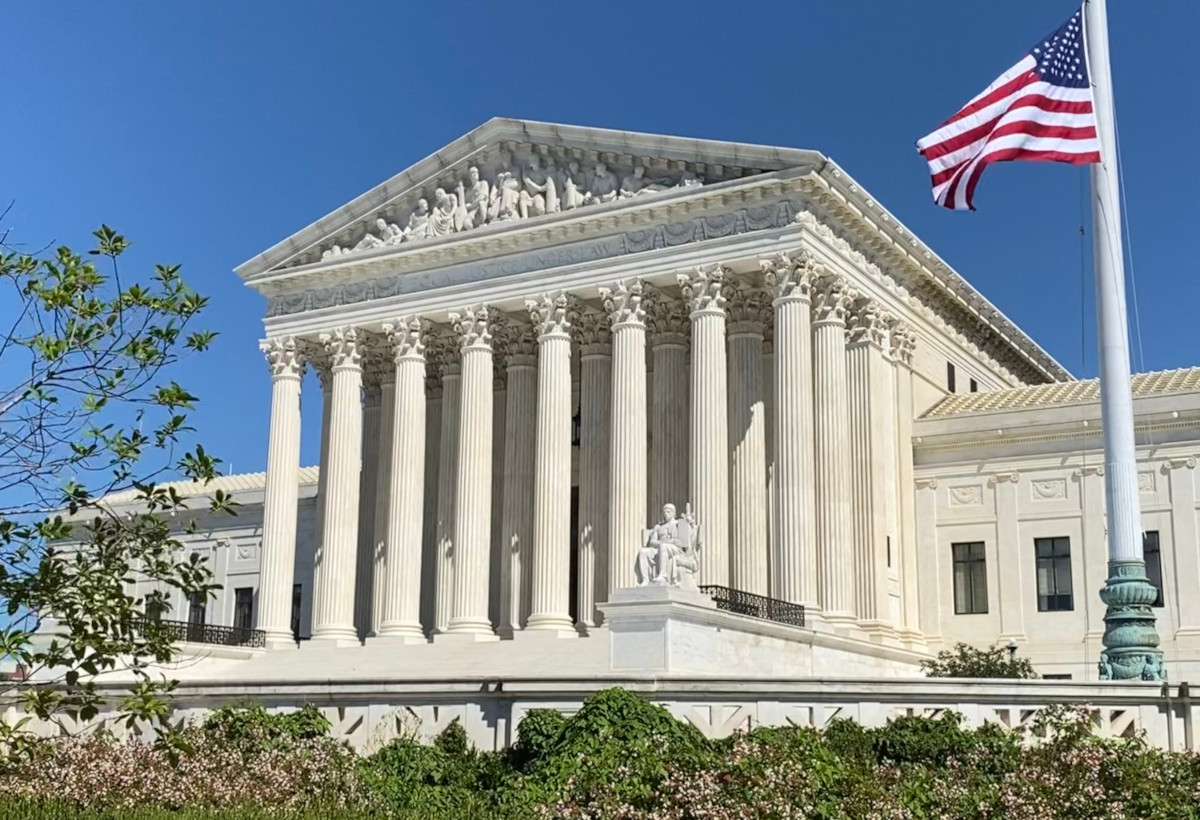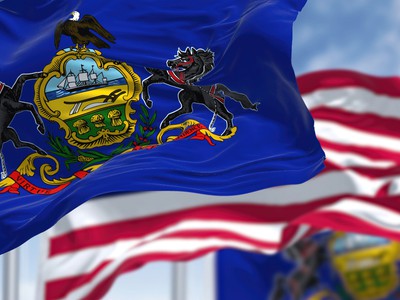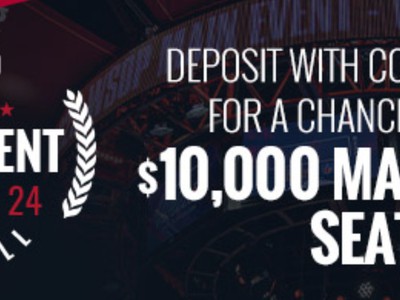This week, Flutter Entertainment decided to settle an 11-year legal dispute with the Commonwealth of Kentucky involving online gambling PokerStars provided during the unregulated period between 2006 and 2011.
By ultimately settling for $300 million, the UK-based gaming giant abandoned efforts its subsidiary had started in August to appeal to the US Supreme Court. Instead of pursuing the case any further, the company decided to cut their losses and move on.
But would the US Supreme Court have taken the case? And if they did, would Flutter have won?
High court was unlikely to take case
Attorneys who specialize in gaming law told Pennsylvania Gaming Review that it’s unclear whether the high court would have taken the case. If it had, Flutter would have likely prevailed.
But uncertainty over whether the US Supreme Court would take the case, coupled with the idea that a settlement just made more business sense, likely drove the company to make the decision they did, the attorneys said.
“It was unlikely the US Supreme Court would have taken the case,” Jeff Ifrah, founding member of Ifrah Law in Washington, DC, told Pennsylvania Gaming Review. “That said, the brief submitted to the Court was excellent. If the Court had taken the case, it would only have done so to hand victory to Flutter.”
Anthony Cabot, Distinguished Fellow of Gaming Law at UNLV’s Boyd School of Law, agreed.
“Settlements in large cases like this typically reflect the risks contemplated by both sides,” Cabot said. “While the chances are that the US Supreme Court would have accepted the appeal and ruled in Flutter’s favor, the risk that the Court either would not have taken the appeal or ruled adversely appears significant enough to motivate the settlement.”
“A politically motivated vote”
Kentucky was ultimately successful in going after PokerStars through a 1798 statute, the Loss Recovery Act (LRA). The LRA was intended to help victims of illegal gambling, and their families, recover money they lost to illegal gambling operations.
Last December, the Kentucky Supreme Court ruled against PokerStars, citing the LRA. The court added interest and fees to the initial judgement, which itself had been trebled at the circuit court level, to create a situation where PokerStars suddenly faced the prospect of paying $1.3 billion in damages.
Other states have similar laws on the books that date back hundreds of years. In April 2020, the Illinois Supreme Court ruled that a similar LRA in that state, which dates to 1819, does not apply to third-party websites. The case in question, Dew-Becker v. Wu, in which Ifrah argued for the defense, involved FanDuel.
“There is literally no distinction between the Illinois and Kentucky statutes,” Ifrah said. “Indeed, the Court of Appeals in Kentucky relied on the Illinois decision when it threw out the case [in December 2018]. But the Kentucky Supreme Court reversed that decision in what I can only say was a politically motivated vote.”
Cabot said antiquated laws like the ones in Illinois and Kentucky “were a problem for poker and other arguably illegal gambling operators not explicitly sanctioned by state law. In other cases that I have been involved in, class action lawyers often are attracted to these cases not to remedy public harm but because of the lure of treble damages.”
Most illegal operators, Cabot said, “seek safe haven in foreign countries, but PokerStars had a significant US presence. They could not evade the lawsuit. Kentucky, with its activist conservative judges, was perhaps the perfect storm that succeeded where others failed.
“Ironically, gambling is acceptable in Kentucky as long as it is on horseracing or occurs on devices at the track.”
Cabot added that “state licensed operators do not face these types of lawsuits. The continued proliferation of mobile sports, poker and internet wagering moved the major companies into the regulated markets.
“There are not many vulnerable deep-pocketed companies in exposed states left to sue.”
Saiber LLC’s Jeremy Kleiman said he couldn’t speculate over what the US Supreme Court would have done, had the Flutter case been picked up. But he indicated that the company was likely more interested in moving on, rather than prove a point in an unusual case of state law or face even higher financial penalties.
“My takeaway is that Flutter had $4.4 billion in revenue last year and an enterprise value of $29 billion,” he said. “They made a business decision to settle for a relatively small amount, regardless of whether they were likely to win at the US Supreme Court.”









